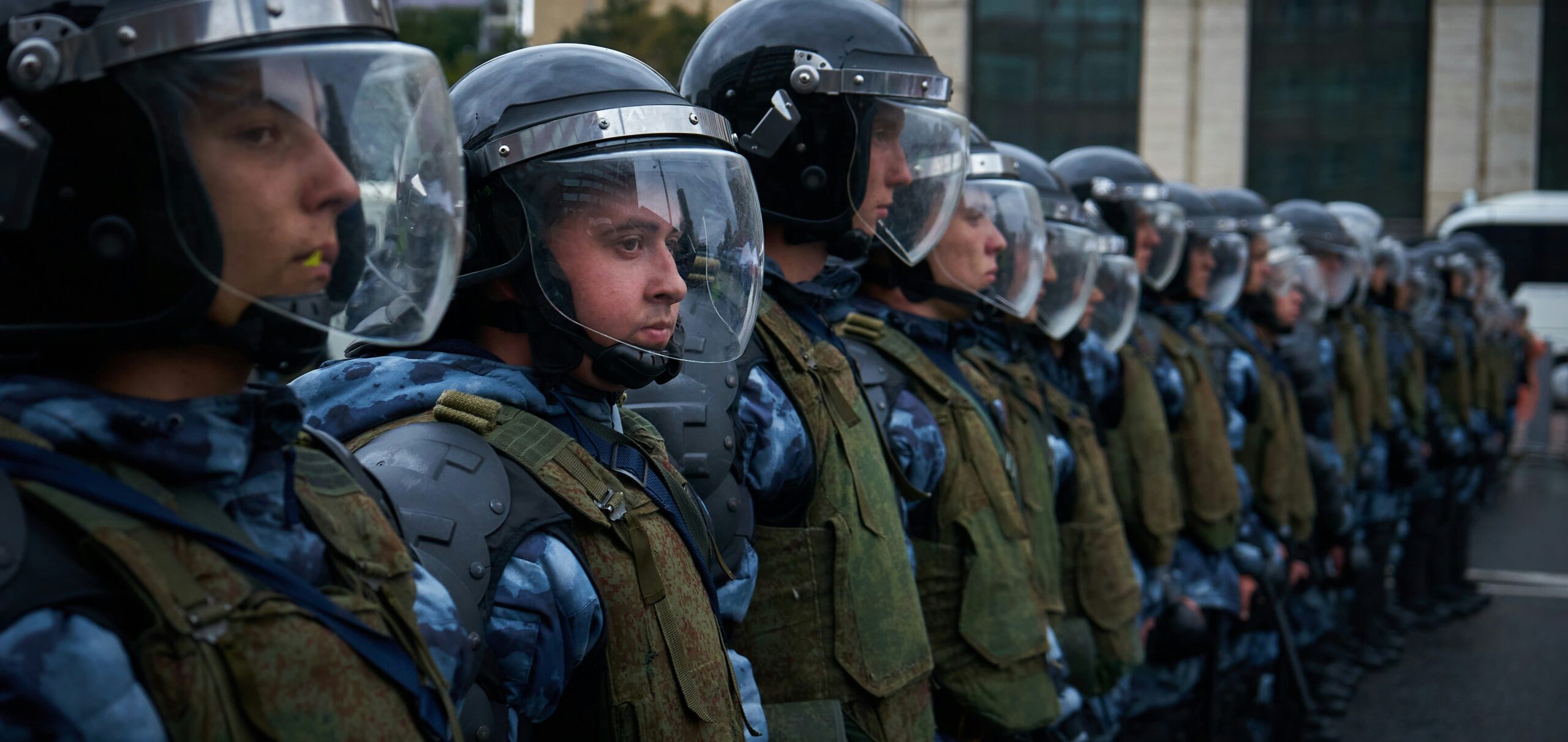
In a dramatic legal confrontation, the District of Columbia Attorney General Brian Schwalb has filed a lawsuit against President Donald Trump’s administration for its recent takeover of the city’s police department. This legal challenge comes on the heels of the administration appointing the Drug Enforcement Administration (DEA) chief as the emergency head of the DC Metropolitan Police, effectively centralizing control under federal authority.
Key Facts
- The lawsuit was filed shortly after the DEA chief was named the emergency head of the DC Metropolitan Police.
- DC Attorney General Brian Schwalb is seeking an emergency restraining order to halt the federal takeover.
- President Trump has deployed the National Guard and proposed measures to address crime and homelessness in the capital.
Background
President Trump’s decision to place the DC police under federal control was announced as part of a broader initiative to curb what he described as ‘crime, bloodshed, bedlam, and squalor’ in Washington, DC. Accompanying this move was the deployment of the National Guard and other federal forces across the city, marking a significant increase in federal presence at key locations and events.
Timeline/What We Know
Trump’s administration declared this takeover following a surge in crime rates in the city. The president described his actions as ‘Liberation Day in DC,’ claiming they were necessary to reclaim the capital. The National Guard has been visibly deployed at various strategic points, including major landmarks and transportation hubs like Union Station. Additionally, measures have been introduced to manage the city’s homeless population, although specifics of these plans remain unclear.
Official Reactions
Washington Mayor Muriel Bowser has publicly opposed the federal takeover, asserting on social media that no law grants federal officials the authority over the district’s personnel. Attorney General Schwalb criticized the takeover as an unprecedented threat to the city’s home rule, stressing the administration’s actions as an affront to the autonomy of Washington, DC’s residents.
What’s Next
The legal outcomes of this lawsuit could set significant precedents regarding federal authority and local governance. As the situation develops, further judicial decisions are anticipated, which will likely influence the operational dynamics between federal and city officials in managing law enforcement and public safety. The looming 30-day review period by Congress will also be critical in determining the future scope of federal involvement in Washington, DC’s law enforcement strategies.


